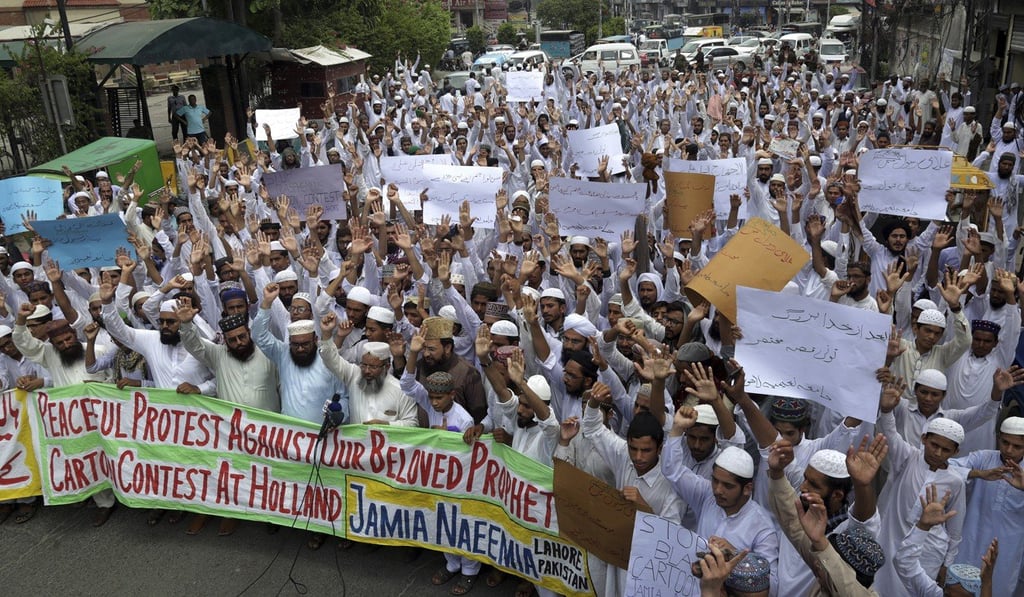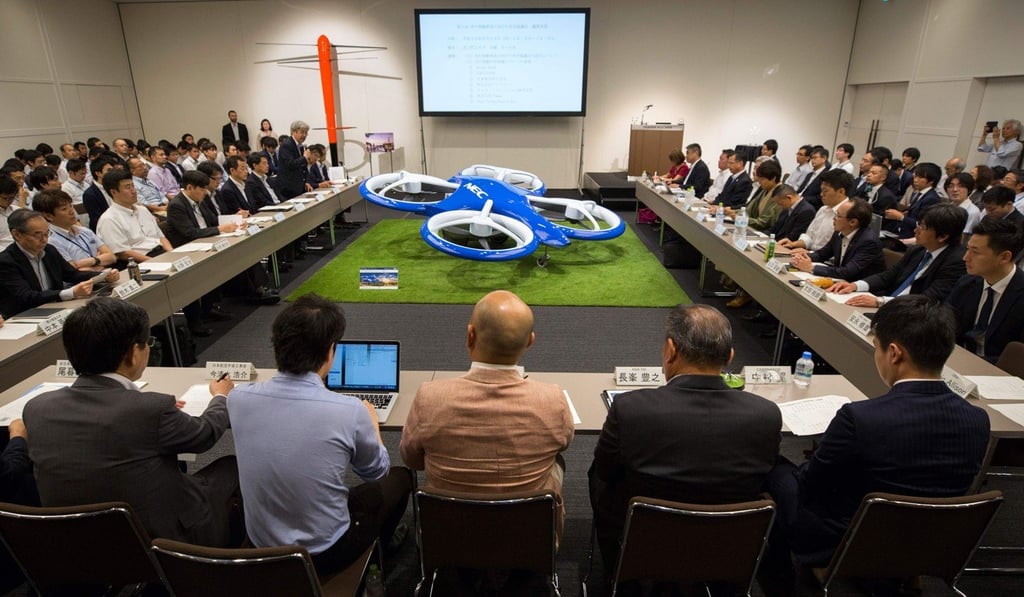Asia in 3 minutes: South Korea decaffeinates schools, LGBT caning shakes Malaysia
Meanwhile, Pakistan protests after Dutch contest to draw cartoons of the Prophet Mohammed; Japan takes down misleading Fukushima statue

Nationwide coffee ban to take the edge off at South Korean schools
South Korea is set to ban the sale of coffee in schools to promote healthier choices. All vending machines and kiosks in primary and secondary schools will stop selling coffee products by September 14, the food and drug ministry said. “The revision aims to create healthy eating habits among children and teenagers,” a ministry official said, according to a report in the Korea Times. South Koreans drink about 181 cups of coffee a year, by far the most in Asia, according to market research firm Euromonitor. Packets of sugary, milky instant coffee became popular in the 1950s, with the arrival of US troops, and in recent years many trendy cafes have opened. The capital Seoul had more than 18,000 coffee shops at the end of 2016.
What next? The ban is part of a wider government campaign to discourage consumption of food and drink high in calories or caffeine, and follows media reports of some students suffering heart palpitations after drinking coffee. Many students consume coffee or energy drinks in an effort to excel in education.

Dutch cartoon contest sparks protests in Pakistan
Hundreds of Islamists marched on Islamabad on Wednesday to demand Imran Khan’s new government sever ties with the Netherlands over a “blasphemous” cartoon competition. In June, Geert Wilders, the anti-Islam MP who leads the Netherlands’ second largest party, invited submissions of cartoons depicting the prophet Mohammed, which Islam forbids. The protest was organised by Tehreek-e-Labbaik (TLP), a political party dedicated to the punishment of blasphemy. Last year a similar protest shut down the capital for almost a month. “We can be martyred or arrested,” said Peer Afzal Qadri, one TLP leader, “but we will not return until either the cartoon contest is stopped or the Dutch envoy is expelled.” The US$10,000 competition is due to start in November and 200 entries have been submitted so far.
What next? Khadim Rizvi, the firebrand cleric who founded the TLP, said condemnation was not enough and “jihad” was the only solution. Dutch PM Mark Rutte called the event “disrespectful” but defended the right to freedom of expression. Khan vowed to take up the issue at the UN general assembly in September.

When cars fly? Japan wants airborne vehicles to take off
The Japanese government is banking on a future with flying cars, launching an initiative on Wednesday with the private sector to develop futuristic vehicles. The initiative aims to draw up a road map by the end of the year for commercial flying cars. Japanese officials are partnering with companies including Boeing and Airbus, All Nippon Airways, Japan Airlines, NEC and Toyota-backed Cartivator. “[Flying cars] are expected to solve issues of transport in remote islands or mountainous areas, or rescue operations and goods transport in disaster,” trade official Shinji Tokumasu said. “We launched the public-private meeting to cultivate a new industry and make it profitable in the world market.”